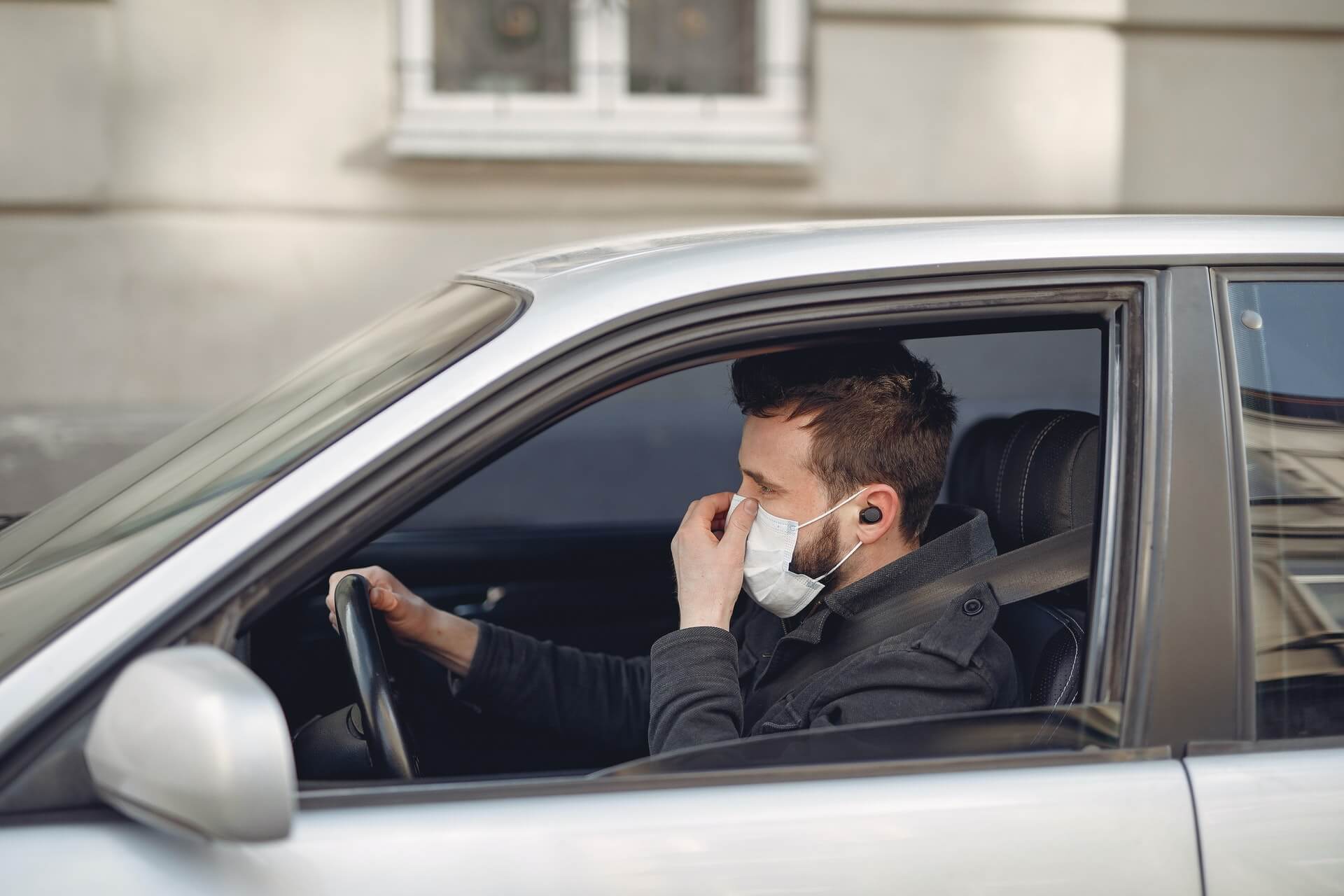
Photo by Athena from Pexels
BIRMINGHAM, United Kingdom — Sitting in traffic can be a dirty experience. From car exhaust to particles flying off rubber tires, air pollution is a serious threat to your health, especially on busy roadways. Unfortunately, a new study finds that the typical air filter in a car is not enough to keep you safe from common pollutants like nitrogen dioxide (NO2). However, researchers from the University of Birmingham say there is an affordable solution sitting on the shelf of your local auto shop — charcoal air filters.
As part of a report by WM Air, the West Midlands Air Quality Improvement Program at Birmingham, study authors demonstrated how these filters effectively remove nearly all the NO2 from the air inside several different vehicle cabins on the road today. Moreover, these filters generally cost between $10 and $20. In certain situations, a cheap charcoal air filter is capable of removing up to 90 percent of the NO2 inside a person’s car.
Why is nitrogen dioxide so dangerous?
NO2 is a common air pollutant which can exacerbate illnesses such as asthma and also increases the risk of developing a respiratory infection. Traffic emissions are one of the main sources of NO2, which puts drivers at severe risk as air circulates into the cabin through open windows or the car’s ventilation system.
Although car ventilation systems do filter air before it reaches the driver and passengers, these systems are typically using pollen filters. The problem with that is a pollen filter only traps tiny particles from reaching the cabin — they don’t stop gases like nitrogen dioxide.
That’s where activated carbon filters come into play. They remove NO2 through a process called adsorption. The NO2 reacts with the carbon, sticking to the surface of the charcoal air filter. Study authors note that these affordable filters still need replacing regularly, as they lose effectiveness over time.
“Our findings show clearly that there are benefits to switching to activated carbon air filters, reducing exposure to NO2 and the risk of related adverse health effects. These filters are simple, effective and inexpensive and should be considered, particularly for people who spend long periods of time in vehicles such as professional drivers,” says lead researcher Dr. Vasileios Matthaios in a university release.

The filters work in all kinds of vehicles
Researchers tested NO2 levels in 10 different vehicles, ranging from gas-powered cars to diesel vehicles, to hybrid and all-electric automobiles. They measured air quality levels under several conditions, including turning the air conditioning on or off, opening and closing the windows, and either recycling air or drawing it in from outside the car.
The team repeated these tests three times, using the car’s original air filter, a pollen filter, and an activated charcoal filter.
Using the original air filters, results show in-vehicle NO2 concentrations were, on average, 1.6 times lower when researchers had the windows closed and the ventilation system recirculating air. This was in comparison to simply leaving the car’s windows open. When researchers switched to pollen filters, NO2 levels in the cabin barely changed when comparing cars with closed windows and fresh air coming from outside to cars with the windows open.
When study authors switched to charcoal air filters, however, NO2 levels in the cabin were 14.3 times lower with the windows closed and the air recirculating. Even when drawing in dirty air from the outside, NO2 levels were 6.6 times lower than they were with the windows open — thanks to the air passing through a charcoal filter first.
“These results show a fairly simple way to improve air quality inside vehicles, although as the main source of NO2 is our cities is diesel vehicles, reducing traffic emissions overall will bring the greatest air quality benefit across the general population,” concludes study co-author Professor William Bloss.
The study is published in the journal Science of the Total Environment.










I would love to have a filter in my vehicle, especially an activated charcoal filter. Diesel exhaust in the states is nasty and sickening, especially with the diesel pickup crowd who upgrade their intake exhaust system for more horsepower. They think it’s more testosterone building if you stomp on the pedal at a light and leave a black cloud of soot behind.
I drive a ’98 Jeep Cherokee 4.0 straight 6 and there is no where to put a filter. If someone has an idea though, I’ll happily try it.